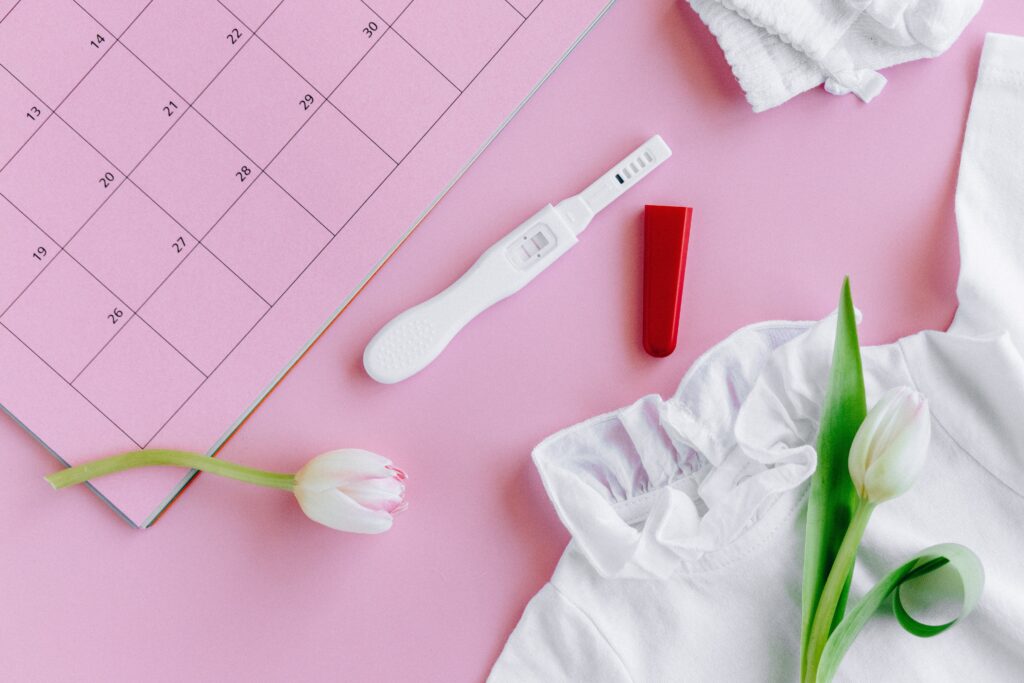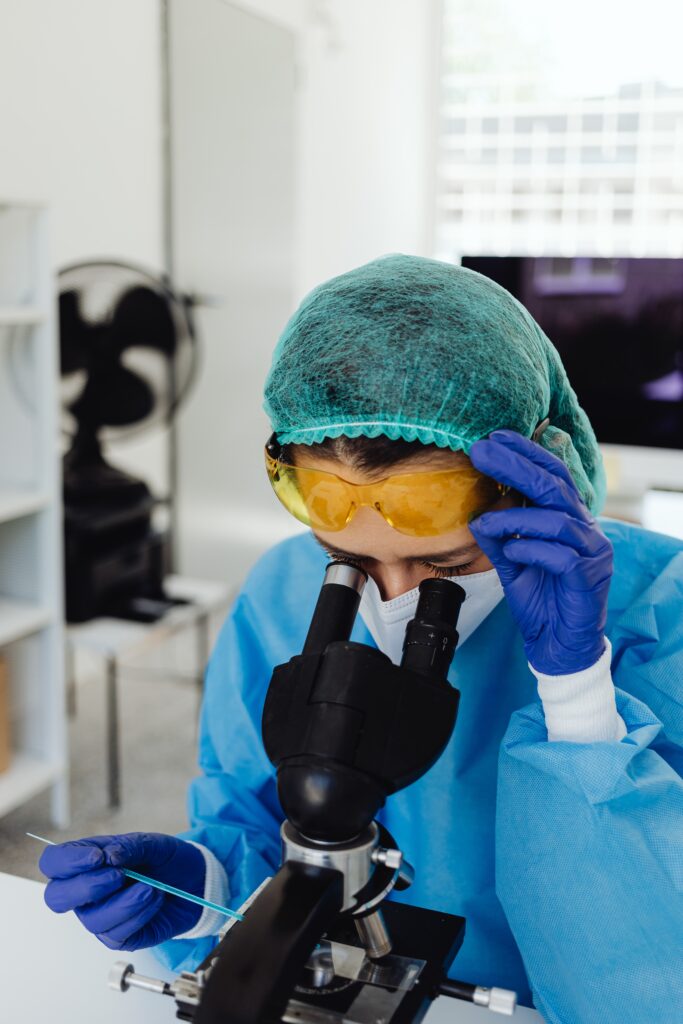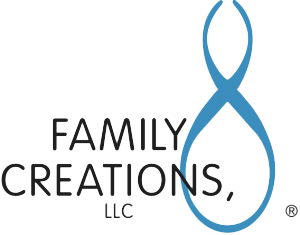Concerned that donating your eggs will affect your fertility? This article answers all of your questions.

At Family Creations, we have years of experience working with matching women who wish to receive donor eggs with those who are interested in becoming egg donors. Women and men struggling with fertility often require egg donation to start or grow their families. Recipients of donor eggs may be opposite-sex couples, single or coupled men using a surrogate, or single or coupled women.
At Family Creations, our screening process finds donors with healthy eggs which results in high pregnancy success rates. Furthermore, we work alongside donors and intended recipients every step of the way to guide you through this process.
Does Donating My Eggs Affect My Future Fertility?
This is one of the most frequently asked questions we receive at Family Creations. The medically and scientifically established answer is “No. Egg donation does not negatively affect your future fertility” It’s very important to note that donating eggs does not negatively impact the donor’s ability to have biological children later in life. On average, women have approximately 2 million eggs. Every month, during ovulation, some of the eggs begin to mature, and the body releases one or two eggs down the fallopian tube in hopes that they will be fertilized. Egg donation simply collects the released eggs that the body would have discarded since they were not fertilized. To put it in straightforward terms, the eggs your body does not need can be “recycled” and given a new home with a couple in need of an egg donor.
How Many Times Can I Donate My Eggs Before it Affects My Fertility?
The American Society for Reproductive Medicine recommends that the number of times a woman can donate her eggs before it affects her fertility should be limited to no more than six donation cycles to best protect the donor’s health. While the body does have plenty of eggs, there are some minor risks associated with the retrieval, as with any medical procedure, which is why egg donors are prohibited from donating more than six times. In general, women who donate this frequently are rare due to the rigorous guidelines that donors must meet.
However, it is important to note that a recipient of donor eggs occasionally may request an additional egg donation if they wish to have a second child genetically related to the first. If this happens, Family Creations will contact you about your interest in completing another donation cycle.
Does Egg Donation Affect My Current Fertility?
While egg donation is safe and will not prevent you from having children in the future, donating your eggs will impact your fertility during the month of the procedure. Once you qualify as an egg donor and begin hormone therapy, you must avoid sexual intercourse with an opposite-sex partner. During the hormone treatment, you are more fertile than normal and can easily become pregnant. Doctors typically advise to abstain from intercourse until your next period, but make sure to follow any advice given to you by your doctor. Approximately one month following egg donation, your ovaries will return to their normal size. This extra attention will ensure a safe and successful egg donation procedure.
Does Tubal Ligation Affect my Fertility for Egg Donation?
Some women choose to undergo a surgical process called tubal ligation (commonly referred to as “getting your tubes tied”) to prevent pregnancy. While having this procedure means you are no longer able to become pregnant, a woman’s ovaries are still functioning, and therefore your body is still producing eggs. As long as a woman meets all the criteria for egg donation, you are able to donate after tubal ligation, and the donation will not adversely impact your fertility.

Are There Any Other Risks or Side Effects to Egg Donation?
While donating your eggs does not affect fertility, as with any medical procedure, there are possible risks and side effects. While most women experience minimal discomfort during the donation process. Minor symptoms caused by the hormone medications may include breast tenderness, abdominal pain and bloating, and frequent mood swings. However, any symptoms typically resolve within a month of stopping treatment. As part of the egg donor screening process, a doctor will discuss all possible side effects and risks with you.
What are the Guidelines for Becoming an Egg Donor at Family Creations?
At Family Creations, all donors must meet our criteria for egg donation. While some of these guidelines may permanently disqualify some women (being beyond the maximum age, the genetic profile for health concerns), other criteria may be only temporary (waiting a year after getting a tattoo, not meeting the minimum age requirement). As our goal is to help individuals and couples unable to biologically have a baby, ensuring the health and fertility of each egg donation is critical.
Requirements for Egg Donation:
- Be between 21 and 29 years of age and have overall good health
- Undergo a medical exam and genetic screenings for a defined list of inheritable diseases (MS, Tay-Sachs, CF, sickle cell anemia)
- Have a body mass index (BMI) of less than 28
- No drug use or smoking (cigarettes, vaping, cigars, chewing tobacco)
- Alcohol use should be light to moderate
- Donors must wait one year after having a blood transfusion or receiving any body modifications such as tattoos or piercings.
- A family history without serious health concerns
- Not currently being treated by a psychiatrist
- Have not been treated for an STD (sexually transmitted disease) within the past year
- No history of abnormal menstrual periods
Once I Meet the Health and Fertility Requirements for Egg Donation, What are My Responsibilities?
The reason why the Family Creations screening process is so comprehensive is to make sure that women fully understand the importance of egg donation and the responsibilities that come with it. Egg donors are also expected to:
- Maintain honesty throughout the entire screening process
- Follow all directions during the hormone treatment
- Show up to all appointments on time
- Arrange transportation on the day of the egg retrieval
- Refrain from sexual intercourse during the hormone treatment and for three weeks following the retrieval
Work with Family Creations
Family Creations has a long history of answering fertility and egg donation questions. If you want to know more about becoming an egg donor, or are ready to apply to be an egg donor, please fill out our online application or contact us. Our team is here to help you create the family of your dreams!
